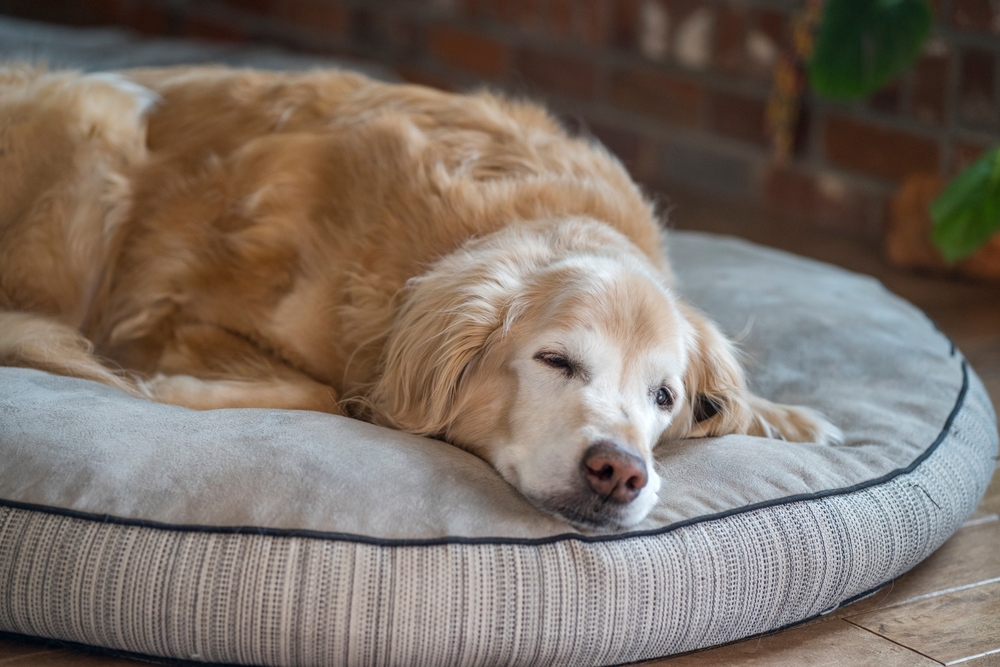

Seeing your furry, or maybe winged or scaly, companion slow down can be pretty tough. They are loyal and do not let you down. That makes taking care of them a joy. Yet, like every living thing, they age. Aging is a blessing, but it also comes with a few challenges.
Maybe they have started sleeping more or struggling to jump like they used to. It is natural to feel a mix of love and concern. After all, they are more than just a pet—they are family.
Understanding Their Changing Needs
As pets age, their bodies go through changes, such as:
· Joints get stiffer.
· Energy levels dip.
· Senses might not be as sharp.
Aging pets often need extra care to stay comfortable. For example, your canine pal might need softer bedding for sore joints. Your kitty might benefit from an easier-to-reach litter box.
Changes in appetite, weight, or mobility are normal but worth monitoring. These signs can tell you if your companion needs extra help or a visit to the vet.
Prioritize Regular Vet Visits
Routine vet checkups are essential for senior pets. As they age, the risk of health issues like arthritis, diabetes, or kidney problems increases.
A vet will spot early signs of illness and recommend treatments to keep your pet feeling good. They might suggest diet, medication, or supplement changes to address specific needs.
Adjust Their Diet
Do you know how sticking to a healthier diet can be a losing battle? Yet, somehow, it feels easier to manage what your furry friend eats than your own meals. As they age, paying closer attention to what is in their bowl is essential. Their needs change, so the right diet can make all the difference.
Older pets often need fewer calories to avoid weight gain. Yet, they still need high-quality protein and essential nutrients. Some senior pets benefit from diets tailored to their specific health concerns, like joint support or digestive care.
Talk to your vet about the best food for your pet. They can recommend brands or supplements to match their needs. Even small changes can make a big difference.
Help Them Stay Active
Keeping your aging pets active is essential. Movement helps their muscles, joints, and minds stay healthy. Opt for shorter walks or gentle play to match their energy levels. Low-impact activities like swimming are great, too.
Do you have interactive pet toys and puzzle feeders? These can help keep their minds sharp and prevent boredom. That said, pay attention to their limits. If they seem stiff or tired, let them rest. You want to keep them moving in a way that feels good for them.
Create a Comfortable Environment
Simple adjustments at home can make life easier for your aging companion. Soft, supportive bedding can ease joint pain, and non-slip rugs or mats help prevent falls on slippery floors.
If your pet struggles with stairs or furniture, use ramps or steps. Older cats may need litter boxes with lower sides to get in easily. Make their favorite spots comfy and quiet. Older pets sleep more, so they need a peaceful place to rest.
Senior pets need more care. Remember, they also give so much in return. Slowing down does not change how much your goofy pal loves you. Be patient with accidents, slow moves, or changes in behavior. These moments can bring you even closer if you play it right.
For more on senior pet care, visit The Animal Hospital at our Slingerlands, New York, office. Call (518) 456-0852 to schedule an appointment today.
https://www.avma.org/resources-tools/pet-owners/petcare/senior-pets
https://www.aaha.org/resources/aging-with-grace-how-to-support-your-senior-pet/








